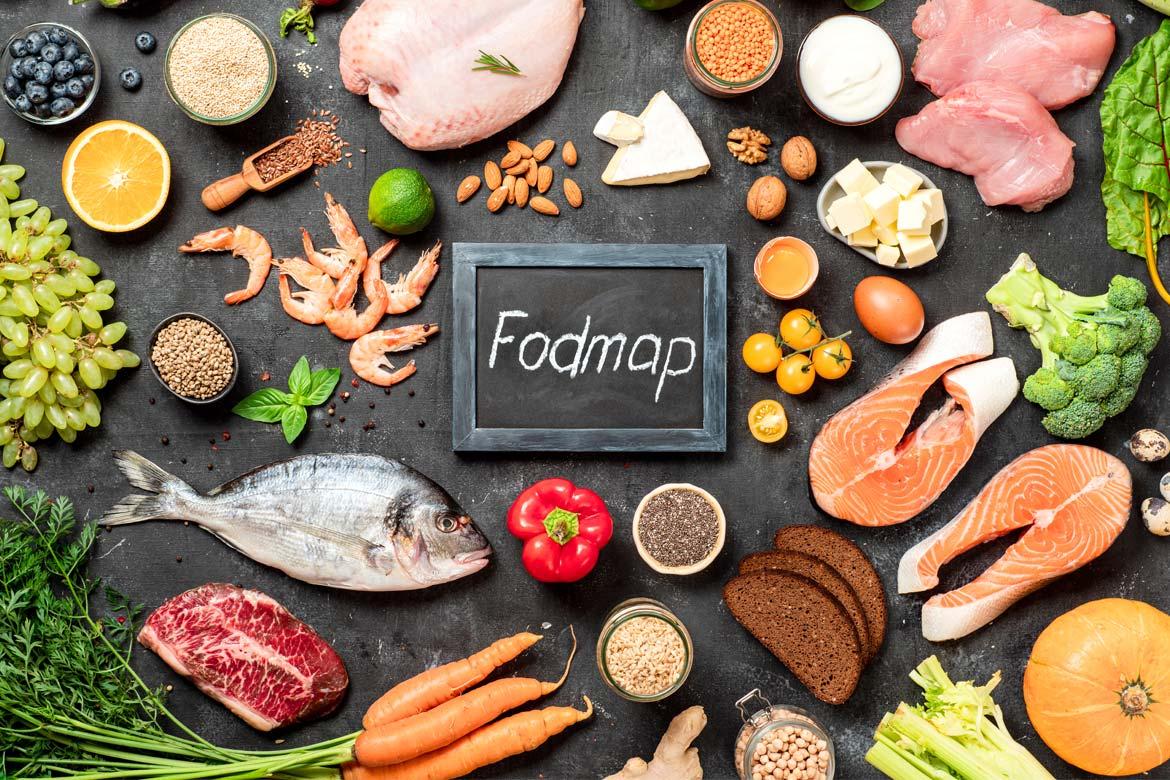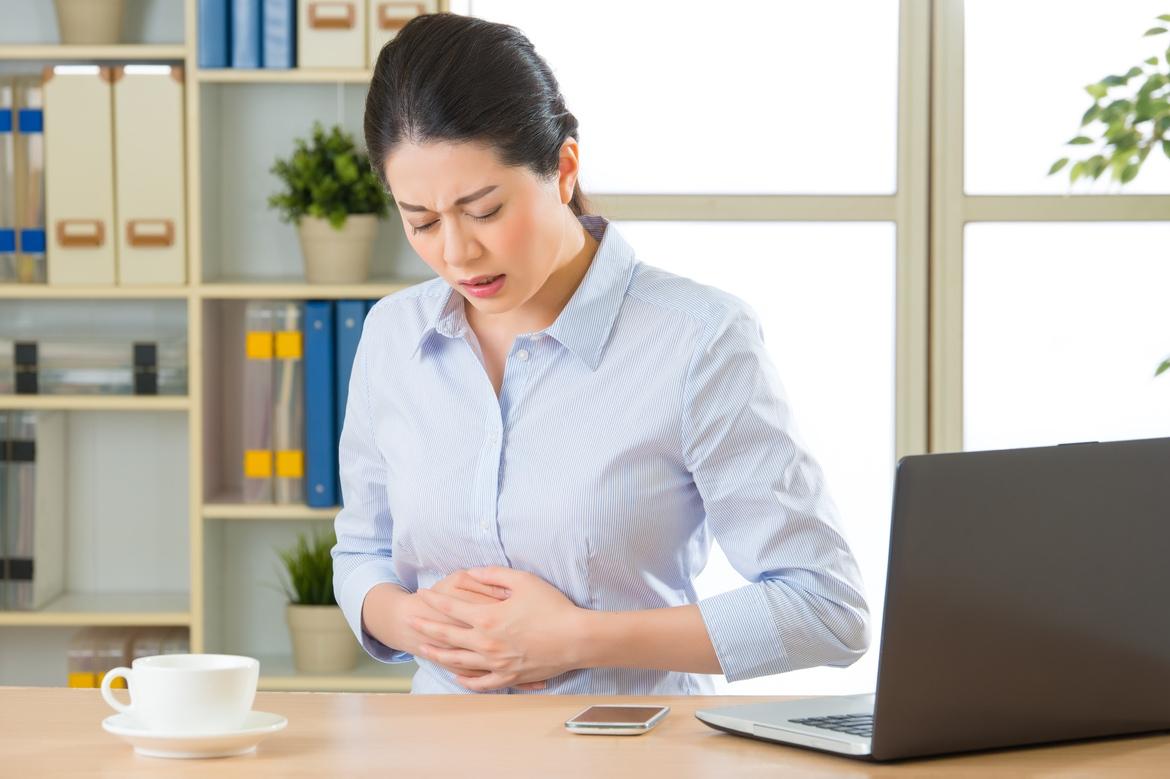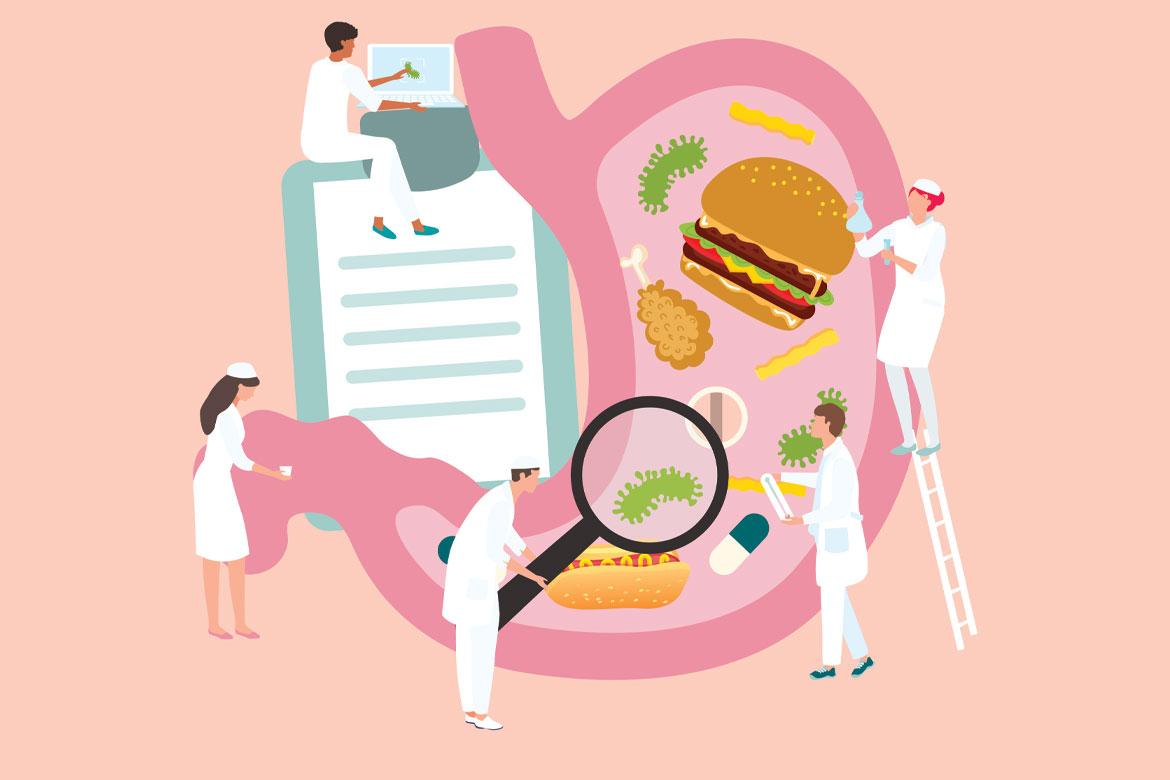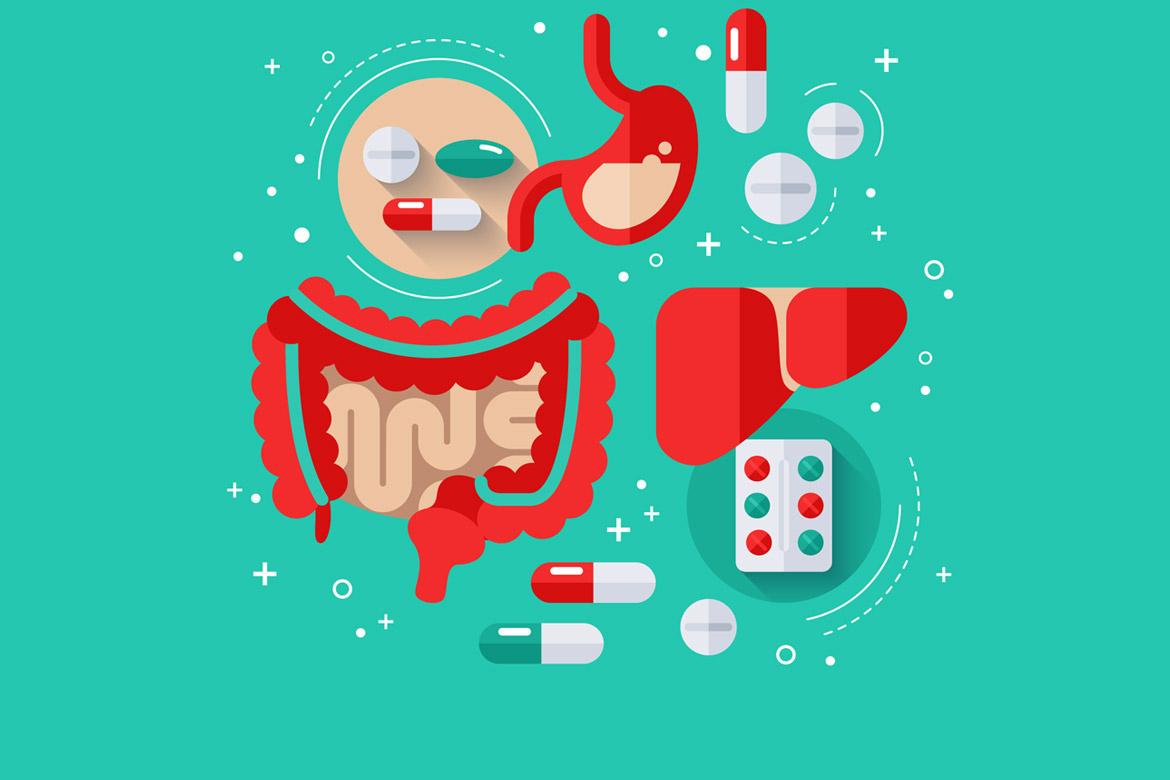-
-
Featured Care Areas

Irritable Bowel Syndrome (IBS)
Frequently asked questions
A: The symptoms of IBS may vary between individuals. Common signs and symptoms include:
- Diarrhoea, constipation, or alternating periods of diarrhoea and constipation
- Abdominal pain and cramps
- Bloating, which is worse after a meal or better after going to the toilet and passing bowel movements
- Harder or looser stools than usual
- A bloated belly
- Mucus in the stool
Learn more about the signs and symptoms of IBS.
A: There is still no conclusive evidence on the exact cause for IBS, but observations of people suffering from the disease suggest it could be due to factors such as:
- Intestinal muscle contractions
- Gastrointestinal infections
- Intestinal bacterial overgrowth
- Inflammation in the intestines
- Sensitive nerves in the intestines
Find out more about the probable causes of IBS.
A: While there is no single diet or medicine that works for everyone with IBS, there are things you can do if you have been diagnosed with it. These include:
- Cooking and eating homemade meals using fresh ingredients whenever possible
- Keeping a diary of what you eat and of any symptoms you get so that you can try to identify food that trigger your IBS
- Finding ways to relax
- Reducing the consumption of alcohol, caffeine and fatty, oily food
A: IBS is usually a lifelong problem. Symptoms tend to come and go over time, and can last for days, weeks or months at a time.
A: IBS is a chronic condition and symptoms can develop at any age. Your IBS symptoms may not be so sudden as most people do not pay attention to their bowel movements on a daily basis. It is only when things start to go wrong that you may start to pay attention to your digestive habits.
A: Depending on the cause of the IBS, a low-FODMAP diet may be helpful in reducing gas, bloating, and diarrhoea. Keep track of the foods that induce your symptoms and eliminate them from your diet.
A: There are several ways to calm IBS flare-ups. You can try to modify your diet by omitting any trigger foods. You can also try a specific type of diet called a low-FODMAP diet.
You may find it beneficial to increase physical activity. Medications may also help to soothe the bowels. Consult with a gastroenterologist to find a prescription or remedy that works for you.
Some people have found alternative therapies such as acupuncture helpful in alleviating symptoms.
A: Blood in the stool is not seen in IBS.
A: While IBS is not contagious, it has been linked to previous gastrointestinal infections. While most people make a full recovery after suffering from an intestinal illness, like acute gastroenteritis, some people go on to develop IBS. This condition is called post-infectious IBS (PI-IBS).
Post-infectious IBS (PI-IBS) is a type of IBS that is caused by a viral infection (e.g. Norovirus), a bacterial infection (e.g. Campylobacter jejuni)_ or a parasitic infection (e.g., giardia) of the gastrointestinal tract. It is estimated that 5 - 30% of all IBS cases are PI-IBS.
A: Research on fasting as a way to manage IBS is minimal. It is important to look at the type of IBS as well as the cause of IBS you have. Make an appointment with our gastroenterologists for a thorough assessment.
A: In some people, the pain from IBS can be very severe and even mimic appendicitis. There are several ways to tell if you have acute appendicitis and need immediate medical attention.
The first is that the onset of abdominal pain is often abrupt and centred around the belly button. Other signs of acute appendicitis are:
- Worsening pain that moves to the lower right part of your abdomen
- Pain that worsens with movement or coughing
- Loss of appetite
- Nausea
- Vomiting
- Fever
- Chills
A: Having IBS does not increase your risk of colon cancer. While your doctor may perform tests to exclude a cancer, IBS itself doesn’t damage your intestines. Your risk of colon cancer is similar to a healthy individual without IBS.
A: If your IBS symptoms cause you to skip meals or to severely restrict the foods that you are eating, try eating in a way that helps you to gain weight without triggering your IBS. You can:
- Eat smaller but more meals a day
- Eat your meals regularly and consistently, to have a digestive tract that works smoothly and regularly
- Eat high-nutrient, high-calorie low-FODMAP food like avocados, fresh fruits, seeds and nuts
A: Up to 30% of people with IBS suffer from either depression or anxiety. Treating these problems will improve the symptoms of IBS. To manage your stress and anxiety, you can try meditating, exercising, counselling, relaxation therapy and cognitive behavioural therapy.
A: Antibiotics can upset the balance of bacteria in your gut, which might make IBS more likely in some people. Consult with a gastroenterologist to find a prescription or remedy that works for you.
A: Experiencing pain and cramps in the lower abdomen are two of the main symptoms of IBS.
A: Spicy food can trigger IBS symptoms like diarrhoea. IBS sufferers do not necessarily need to avoid all spicy foods but should instead monitor their intake to identify specific triggers. A study has found that consumption of spicy foods is directly associated with IBS in women.
A: IBS is a lifelong chronic condition that can be challenging to treat because the triggers and response to medicines vary from person to person.
However, with proper diagnosis and an individualised treatment plan, the symptoms of IBS can be successfully controlled.
Consult a gastroenterologist to find an effective solution to your problems, so you can live a normal life free of IBS symptoms.
A: There is no known cure for IBS. Treatment options consist of managing your symptoms and avoiding risk factors that trigger the onset of your symptoms. Your doctor will suggest a treatment plan that works best for you.
This page has been reviewed by our medical content reviewers.
Need help?
For enquiries, please call
+65 6377 3737
For appointment bookings, please WhatsApp
+65 8111 3777








